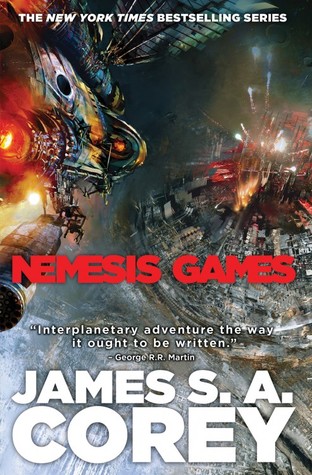Thanks for the recommendation, duckroll -- I sat down and devoured this book in the span of a couple of hours.
I was enamored with this book for the first half. For the first couple of pages, I was trying to remember if Murakami's writing was always so clunky, or if it was just the translation. I felt a similar way when I started Norwegian Wood. Then, with a snap of the fingers -- and just like when I read Norwegian Wood -- I was completely engrossed in the wonderful bittersweet sense of Murakami's description, characters, and situations. It's not a rich style of writing, nor is it sparse, but it hits with an accuracy of feeling -- not with the razor-sharp precision of a writing genius, but with the deep, affective understanding of a quiet and reflective imagination. "When I opened my eyes, Shimamoto was still moving her fingers along her skirt. Somewhere deep inside my body I felt an exquisitely sweet ache." That was the sensation of reading this book. I enjoyed the observations on only children, music, business practices, and love -- love as pain, as the failure to understand, as hurting another person deeply and, perhaps, irreparably, sometimes by doing absolutely nothing. About an inauthentic life without ambition and without struggle.
Unfortunately, my admiration began to flag in the latter half, in which the main character Hajime begins to act selfishly without recourse. He reflects and recognizes, but never really self-interrogates or changes. The object of his obsession, Shimamoto, is not properly fleshed out, and so I came to sympathize with both characters less, unlike Naoko in Norwegian Wood, whose suffering I came to understand in her idiosyncrasies, interactions, and character moments. In that novel, I came to sympathize with Toru's flawed love for her. Here, there is only Murakami's failure to communicate what, exactly, makes Shimamoto such a special individual, beyond the traits she possessed in childhood. Hajime's willingness to throw away everything for her, then, gave rise to my personal frustration with his self-absorption and lack of moral responsibility. As "real" as it may have been for his character, this lack of self-interrogation poisoned the water and cheapened the other reflections in the novel. The tenderness, the "exquisite ache" present in the first half of the novel disappears in place of this immature, escapist romance.
Ultimately I'm glad I read this. The characters are not as fleshed out or memorable as in Norwegian Wood, and as a result the novel loses power in its payoff. Still, at this particular moment in my life, a lot of these themes spoke to me. I've only read three of his novels, but I wish that Murakami would take the next step as a writer and start complicating and interrogating these melancholy, navel-gazing protagonists of his. As sublime and empathetic a feeling they might be able to provide as narrators, they always feel limited in their worldview and their ability to break down the doors to something more meaningful, both for themselves and for the reader. Their listlessness feels representative of Murakami's lack of ambition as a writer, or his willingness to break past his comfortable (yet still wise and fascinating, to a point) range. I want to read an ambitious, self-interrogative novel from him.
I'm on to this next:












